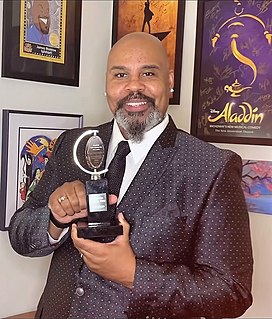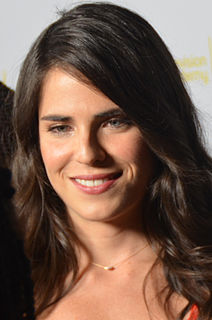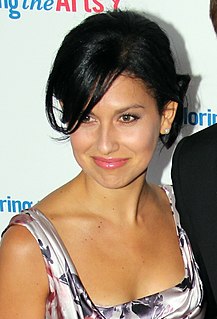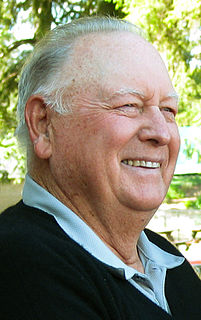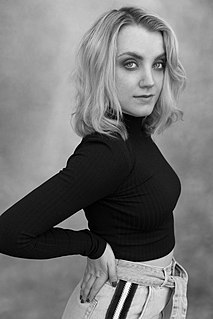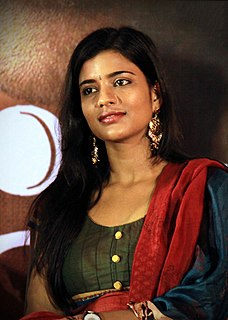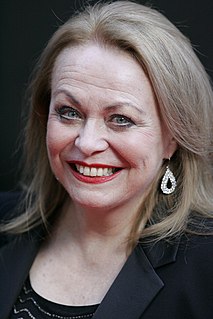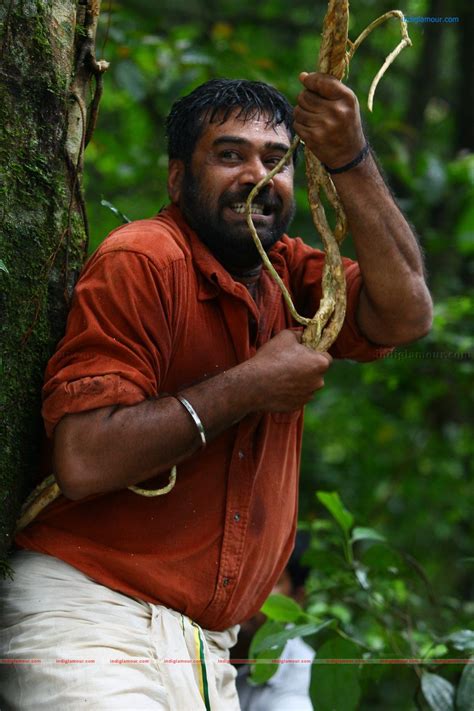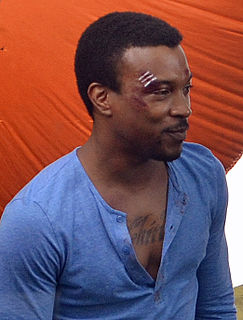A Quote by James Monroe Iglehart
I remembered getting the script for the auditions [of Aladdin], I had asked someone there if improvs were allowed, and he said everyone is sticking to the script. I said to myself that they are either going to love me or hate me. I was crossing out lines and throwing in my own lines. I went into the room and started doing things. They were like, "This boy is nuts! We should keep him." That's how it all came about.
Related Quotes
I told my friend - we were working on a movie together - and he gave me a script and asked me to give him notes. And they were all male characters, and I said, "You know what would make this character more interesting?" And he asked what - and it's this road trip between three guys, basically, one older man, one 30-year-old and a 13-year-old mechanic. And I said, "If you make the 13-year-old a girl, and you make her an Indian-American mechanic." And he said, "What do you mean?" And I said, "Yeah, don't change anything in the script about him, and just make it a her."
Don't cry." "How can I not?" I asked him. "You just said you loved me." "Well, why else did you think all of this was happening?" He set the book aside to wrap his arms around me. "The Furies wouldn't be trying to kill you if I didn't love you." "I didn't know," I said. Tears were trickling down my cheeks, but I did nothing to try to stop them. His shirt was absorving most of them. "You never said anything about it. Every time I saw you, you just acted so... wild." "How was I supposed to act?" he asked. "You kept doing things like throwing tea in my face.
I do remember, one time, a man came to me after the students began to work in Mississippi and he said the white people were getting tired and they were getting tense and anything might happen. Well, I asked him "how long he thinks we had been getting tired"? I have been tired for 46 years and my parents was tired before me and their parents were tired, and I have always wanted to do something that would help some of the things I would see going on among Negroes that I didn't like and I don't like now.
We were watching 'Madagascar' and Carmen asked me, she said, 'Is the zebra a boy or a girl?' and I said, 'He's a boy,' and she said 'How do you know?' and I said, 'Because I know him. I actually know all the actors that are doing the voices.' And she looks at me and she's like, 'You know a zebra? You know a talking zebra?'
About 200 girls went into a room and there were two casting agents and they asked you to say your name and where you came from and then they picked two or three out of that. And they sent you into a room and I was really nervous and kept dropping things and I was going the wrong way and everything. Then she gave us a script and you had to learn it.
The McCarthy period came along...and many of the other scientists who had been working on these same lines gave up. Probably saying "Why should I sacrifice myself? I am a scientist, I am supposed to be working on scientific things, so I don't need to put myself at risk by talking about these possibilities." And I have said that perhaps I'm just stubborn... I have said "I don't like anybody to tell me what to do or to think, except Mrs. Pauling."
I had to audition for Fandango. When I read the script, the role that was interesting - so everyone thought - was the role that Costner played. He was the cool guy. And I read the script, and my representation at the time said, "That's the role you should read for." And I was like, "Really? How about I read for this other role." And they went, "Well, you're not going to get that role."
It wasn't exactly a cattle call. I had an agent, and they were seeing people for the parts, so my agent said, "Here's the script, see if there's anything that speaks to you." And I did, and I called my agent and said, "I think this character Data is kind of interesting," and she said, "Well, okay, I'll get you the appointment with Junie Lowry." I had to read with the casting agent first, 'cause nobody really knew me then. Then after that, I had, I think, six different auditions for the role. And finally it was me [on Star Trek].
It takes a very long time to read a script. I'll look at a script, but there are so many scripts. I remember once being at the dentist, and the guy was doing my teeth and telling me about the screenplay he'd written and he said, "Will you read it?" And I said "Oh...okay." And it turns out that it was about a dentist!
